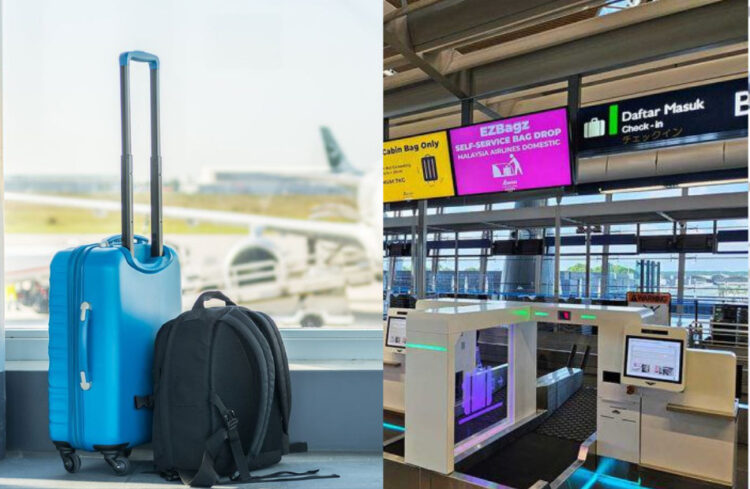When it comes to packing luggage for travel, some tend to overpack, which result in passengers having to fork out additional fees. Some travellers even unknowingly break other rules because they never check the airline’s guidelines before packing or selecting their luggage.
No worries, though—these things are easy to learn, and understanding the basics can help you avoid mistakes in the future. While there are many rules, we’ve simplified them for you in this list. Here are 7 essential rules you should know before heading to the airport with your luggage.
1. Understand Your Luggage Limit
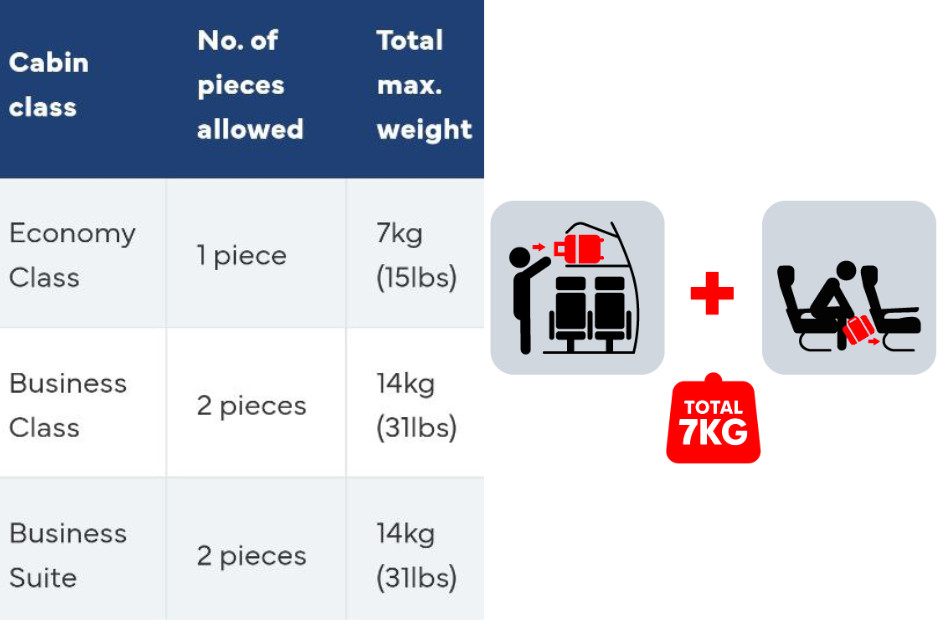
Each airline has specific weight and size limits for both cabin and checked luggage. Generally, economy class passengers are limited to one carry-on bag of up to 7 kg, while business and first-class travellers can bring two bags weighing up to 14 kg in total.
In addition to this allowance, passengers are usually permitted to bring one personal item, such as a handbag, briefcase, laptop bag, or small camera bag. Exceeding these limits may result in costly additional fees or, in some cases, the need to check your bag as cargo. It’s important to confirm these limits before arriving at the airport, as they vary depending on the airline, route, and even the aircraft type.
2. Know Your Luggage Dimensions
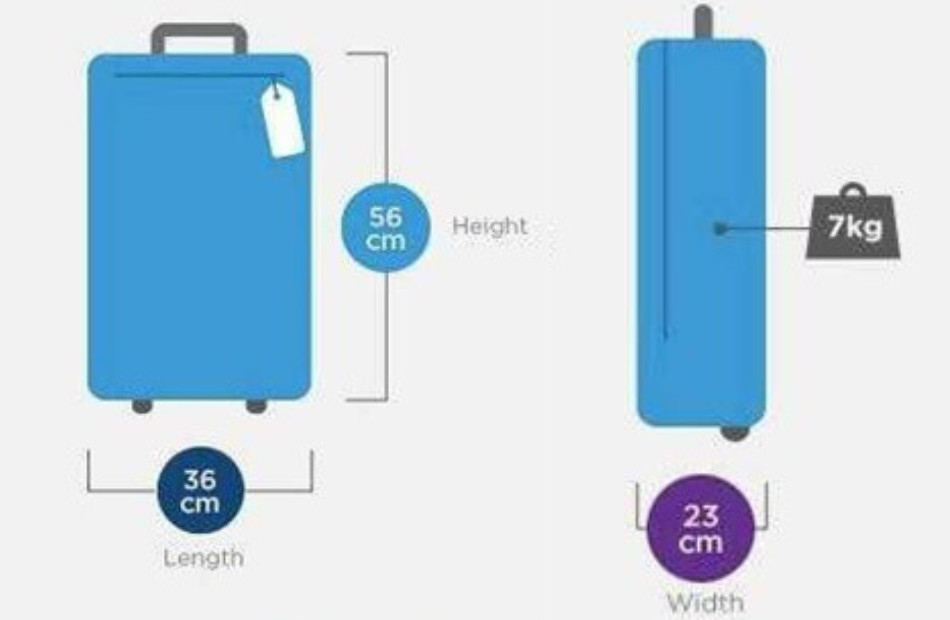
Beyond weight, airlines impose specific dimensions on cabin luggage to ensure it fits in overhead bins or under the seat. For example, a carry-on bag in economy class often must not exceed 36 cm in length, 56 cm in height, and 23 cm in width. If your bag exceeds these dimensions, you’ll likely have to check it as freight, which may incur additional costs. It’s helpful to invest in a travel-sized measuring tape and double-check your bag’s dimensions at home to avoid surprises at check-in.
3. Infant Essentials & Accommodations
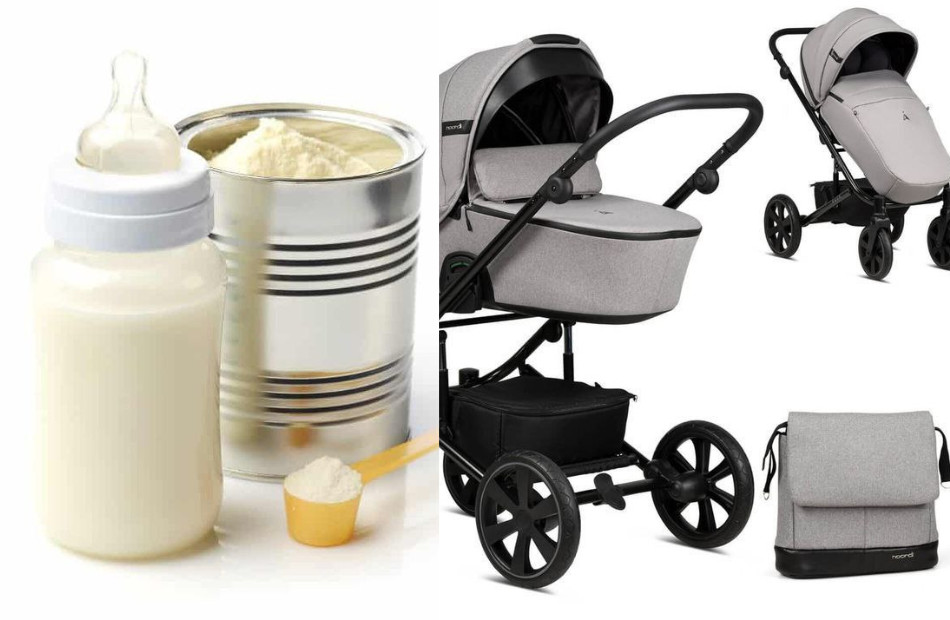
If you’re travelling with an infant, airlines generally allow you to bring an additional bag for infant essentials, like formula, baby food, and diapers. This bag, which typically has a maximum weight of 5 kg, with no charge. Parents can also bring a collapsible stroller or carrycot on board, which can be used at the airport and gate-checked just before boarding. Keep in mind that some airlines may have specific policies for larger baby items, so check these details ahead of time to avoid last-minute inconveniences.
4. Rules For Liquids, Aerosols & Gels

Security rules restrict liquids, aerosols, and gels (often called LAGs) in carry-on bags to containers of 100 mL or less. All such items must be placed in a resealable, transparent plastic bag with a maximum capacity of 1 litre and should be presented separately at security screening. Each passenger is typically allowed only one bag for these items. If you require larger quantities for medical or dietary reasons, such as liquid medications or baby formula, it’s essential to bring documentation like a doctor’s note and declare these items at the security checkpoint.
5. Items Not Allowed In Checked Luggage
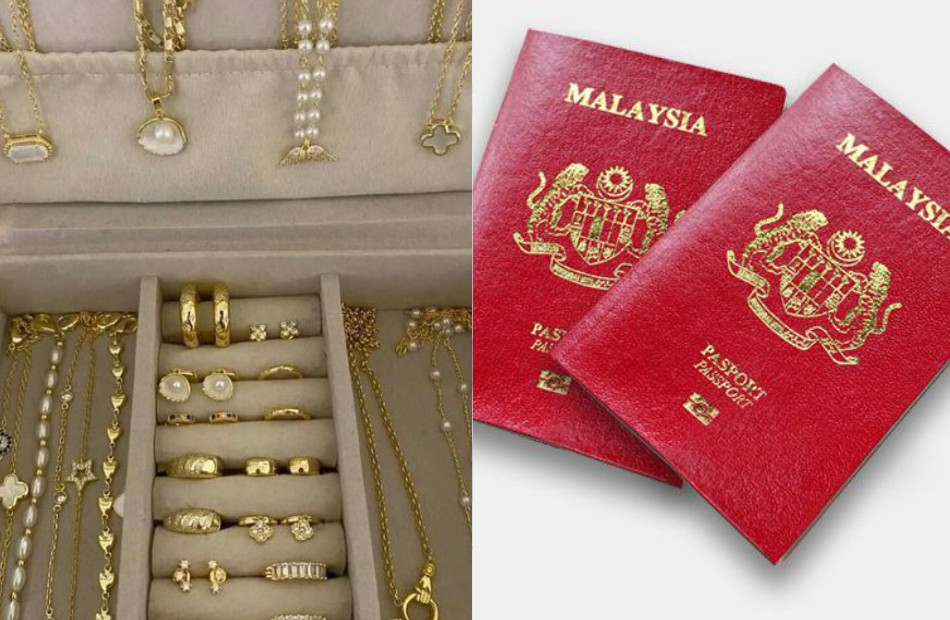
Certain items should never be packed in checked luggage, as they are at a higher risk of damage or loss. These include valuables such as jewellery, cash, important documents like passports, and electronics. Fragile items are only allowed if they’re securely packed in a factory-sealed, inspection-approved box, and you may need to sign a waiver in case of damage. Be cautious when packing any essential or irreplaceable items, as luggage handlers and transport processes may expose checked luggage to rough handling.
6. Handling Bulky & Oversized Luggage
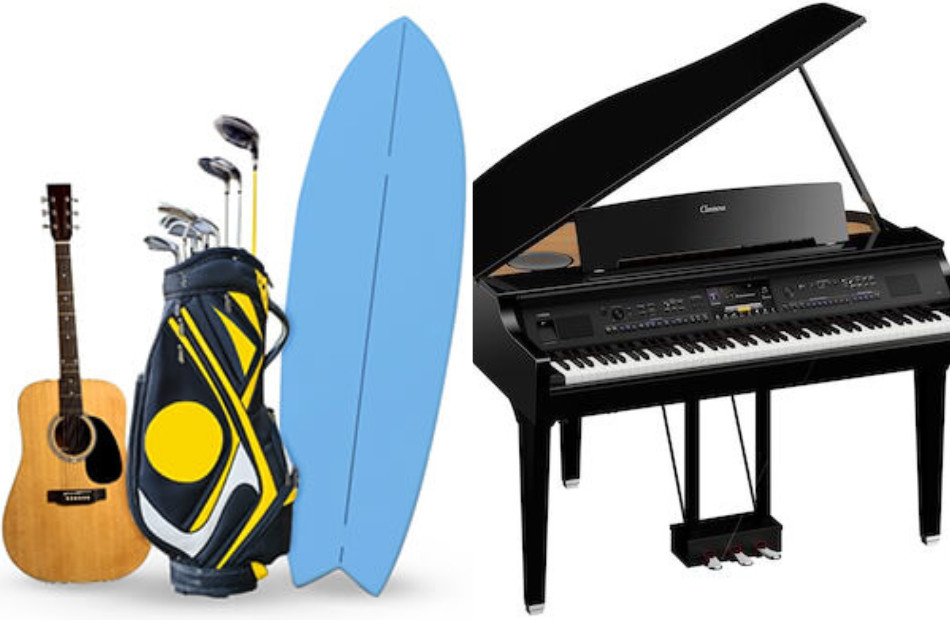
Any luggage exceeding 158 cm in combined length, width, and height, or weighing over 32 kg, is usually considered oversized and may incur additional fees. This rule commonly applies to items such as large musical instruments, sports equipment, artwork, or special electronic equipment. If you’re bringing delicate items, like musical instruments, smaller ones such as violins or saxophones can often be brought as cabin luggage, while larger ones such as cellos or guitars may require purchasing an additional seat. Be sure to communicate with the airline in advance about any oversized items to arrange for their safe transport. For sports equipment, ensure it’s wrapped securely to minimise the risk of damage.
7. Charges For Extra Luggage
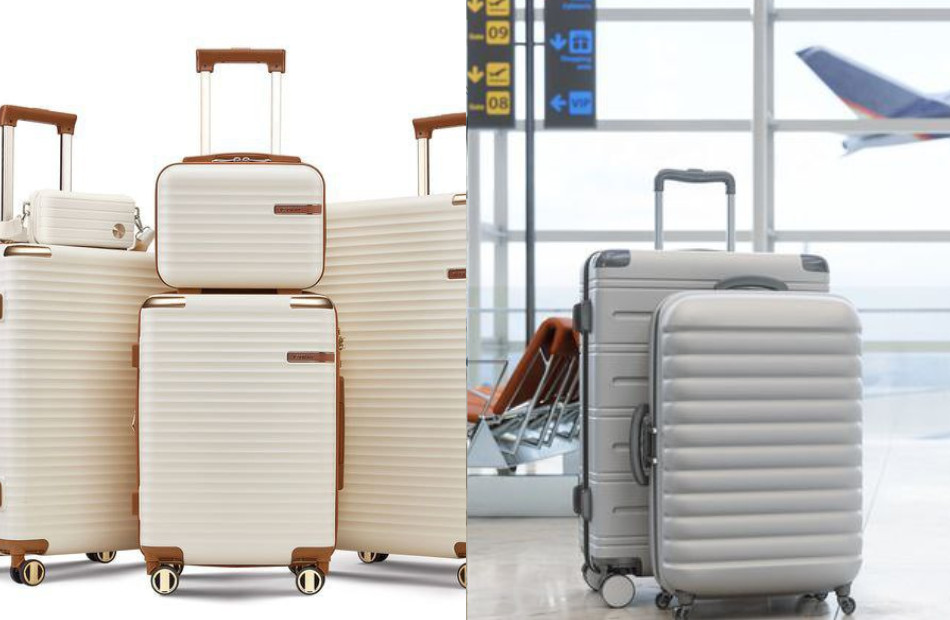
Airlines apply extra luggage fees based on the flight distance and the additional weight over the allowed limit. Typically, airlines calculate these fees per kilogram, which can quickly accumulate if you’re carrying extra items. Many airlines allow passengers to pre-purchase extra luggage allowance online during booking or up to 24 hours before departure, which can often save money compared to paying at the airport. Checking online options is highly recommended if you anticipate needing extra space, as pre-purchasing is often more affordable and reduces stress on travel day.
Sakinah contributed to this article.

